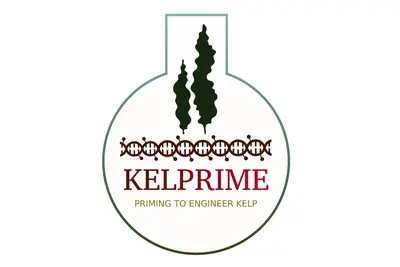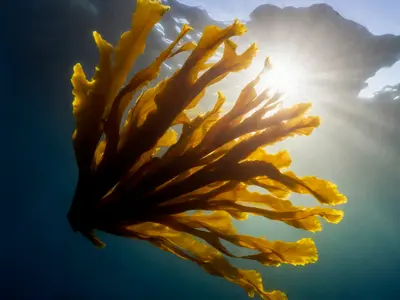Kelprime

Rising ocean temperatures are compromising the health and growth of macroalgae and, thus, threaten the production security of farmed macroalgae commodities with an annual value of $US 13.3 billion. While 97% of the global macroalgae biomass is produced in Asia, farming of macroalgae (particularly kelp) is becoming a new bioeconomy sector in Europe and the Americas, where it decreases harvesting pressure on wild stocks, and provides new job opportunities. However, economic losses after heat events can make this budding industry unsustainable. While kelp breeding allows to develop superior cultivars, the associated reduction in genetic diversity often leads to poor performance and productivity under environmental challenges. Moreover, breeding is a long-term process that requires artificial selection over several generations. In order to secure production under environmental challenges, the KELPRIME project aims to establish ‘priming’, a common technique to rapidly enhance yield and stress resistance in crop agriculture, as a novel bio-engineering technique in kelp cultivation. We have assembled an interdisciplinary team combining expertise in kelp cultivation, farming and development with unique molecular skills and resources to characterize positive priming effects in the cultivation of two commercially important kelp species, and to test for the first time whether these effects rely primarily on the formation of an epigenetic stress memory. Without knowing the mechanisms underlying positive priming effects, priming can’t be commercially exploited as novel kelp engineering technology. If successful, this work will be a milestone in sustainable bio-engineering and strain improvement of macroalgae, leading to high-profile publications, and igniting research lines aiming to exploit the wide application potential of priming.
Funding:
Norwegian Research Council
